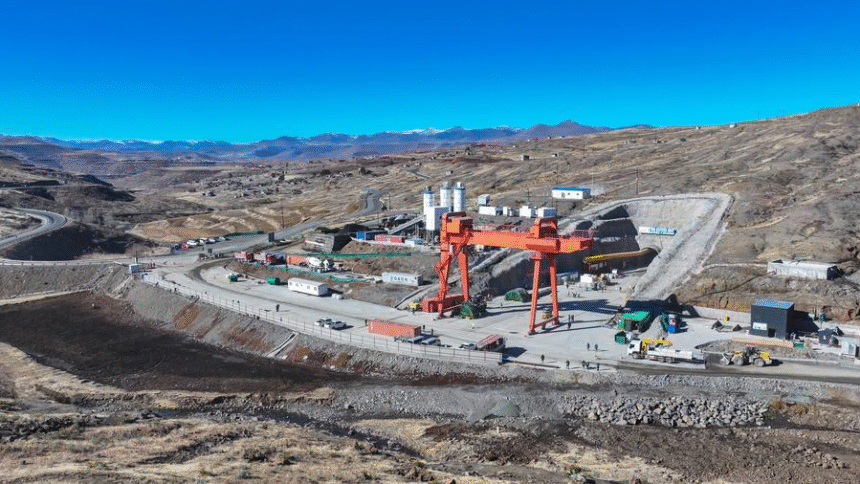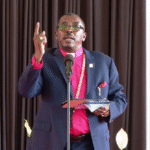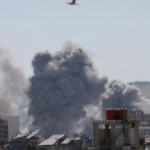Deep in the mountainous terrain of eastern Lesotho, the roar of heavy machinery echoes day and night. It’s the sound of progress—of a nation reshaping its future through one of Africa’s most ambitious water infrastructure projects.
The Polihali Transfer Tunnel, a key component of Phase II of the Lesotho Highlands Water Project (LHWP), is underway. Once complete, the 38-kilometer tunnel will deliver fresh water from Lesotho to the Gauteng region in South Africa, boosting supply to millions. But beyond its core function, the project is transforming lives at home in Lesotho.
“It’s more than just a tunnel. It’s jobs, skills, roads, and hope,” says site manager Julius Topo, who also worked on Phase I three decades ago.
🚧 Infrastructure Meets Empowerment
Run by Kopano Ke Matla (KKM)—a joint venture between Chinese and South African companies—the project employs over 1,800 workers, 99% of whom are locals. It also includes a robust training initiative with over 500 graduates already upskilled in areas like plumbing, quality assurance, and mechanical repair.
“We’ve categorized workers by skill level to tailor training,” said Pride Mudzingwa of Tashie Training and Business Solutions. “We aim to train 6,000 people by 2028.”
New roads have reduced travel time dramatically. What used to take eight hours now takes just two, according to local engineer Montso Lebitsa.
🌐 A Multinational Model
The project highlights a successful model of international cooperation. With tunnel boring machines manufactured in China and assembled in Lesotho, and with technical input from South African engineers, the LHWP bridges continents through purpose-driven partnerships.
Lesotho’s chief of Tloha Re Bue, Masiphola Sekonyela, says the Chinese-led collaboration has brought much-needed jobs and dignity to locals who once depended solely on farming.
🏥 Health and Community Impact
Healthcare has improved as well, with Chinese medical teams offering free clinics in remote project areas. Community liaison officer Maseqhoang Sechaba says this has been a “lifesaving” intervention for villages lacking access to facilities.
Translator Mpoi Elizabeth Rankhethoa, who studied in China, says the project reflects a lasting partnership. “We’ve worked with China before—and we’ll do it again. This project shows what cooperation can achieve.”









